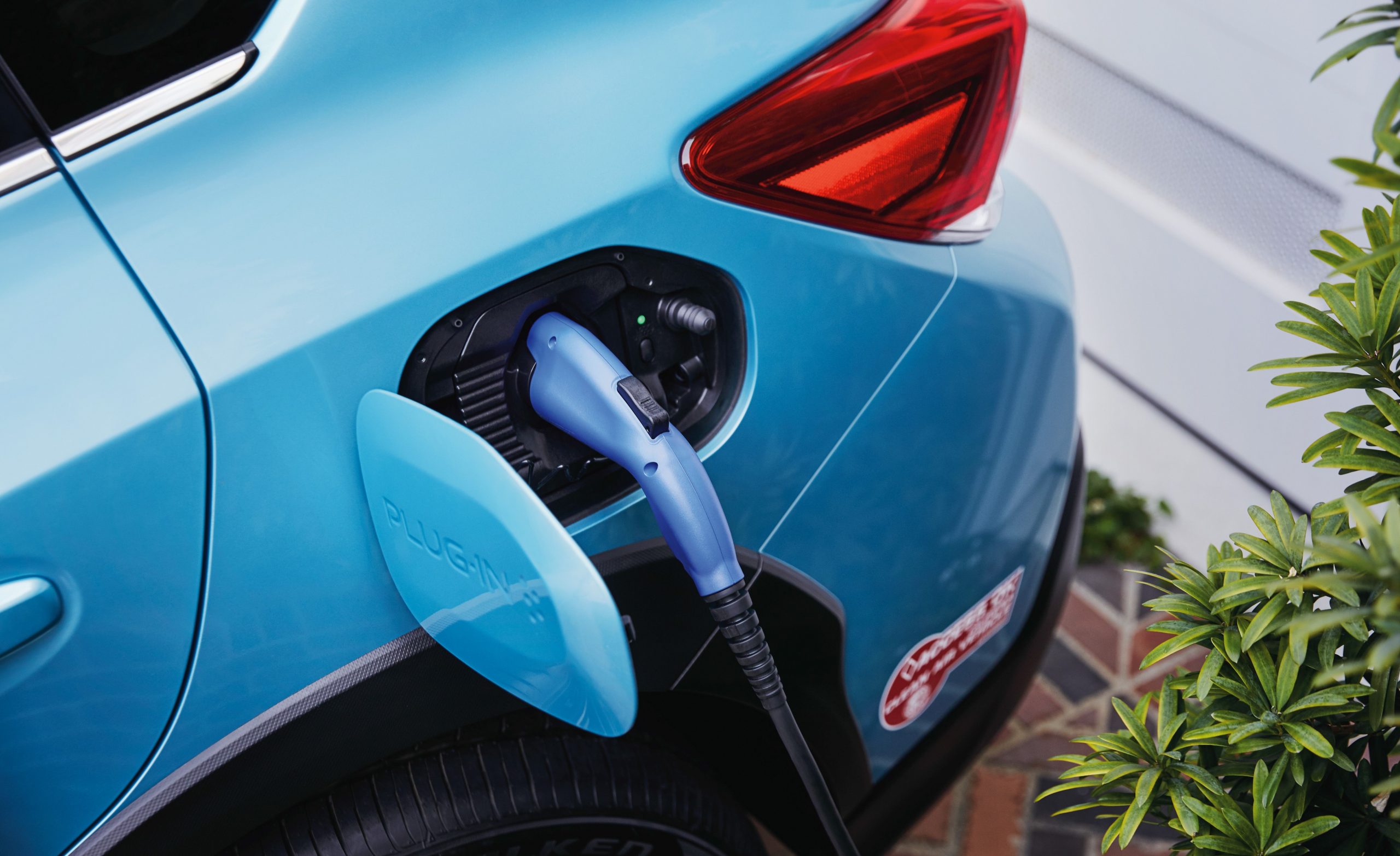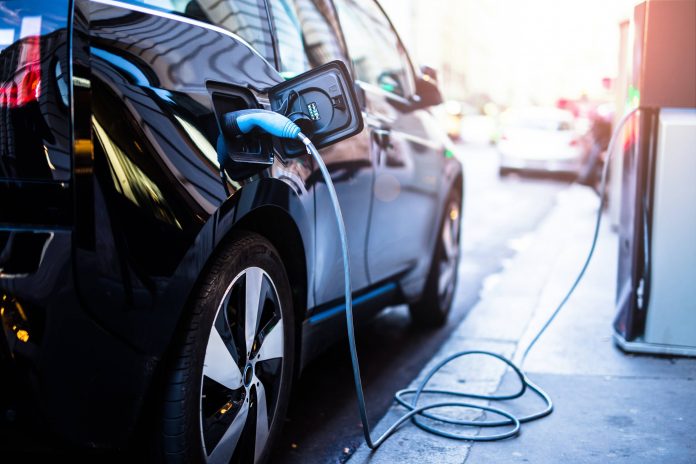Hybrid and plug-in hybrid cars are becoming increasingly popular as people look for more environmentally friendly ways to get around. Both types of cars have their own pros and cons, and it can be difficult to decide which one is right for you. In this article, we will explore the pros and cons of hybrid and plug-in hybrid cars to help you make an informed decision.
Contents
Pros of Hybrid Cars
- Increased fuel efficiency: One of the biggest advantages of hybrid cars is their improved fuel efficiency. Because hybrids use both an internal combustion engine and an electric motor, they are able to use less fuel and emit fewer emissions than traditional gas-powered cars.
- Reduced emissions: Hybrid cars emit fewer greenhouse gases and other pollutants than traditional gas-powered cars. This makes them a more environmentally friendly option for people who are concerned about the impact of their driving habits on the environment.
- Improved performance: Hybrid cars often have improved acceleration and handling compared to traditional gas-powered cars, thanks to the electric motor that provides additional power.
- Tax incentives: In many countries, hybrid cars may be eligible for tax incentives, such as reduced road tax or access to HOV lanes.

Cons of Hybrid Cars
- Higher upfront cost: Hybrid cars are often more expensive to buy than traditional gas-powered cars. This can make them a less accessible option for people who are on a tight budget.
- Reduced battery life: The batteries in hybrid cars have a limited lifespan, and they will eventually need to be replaced. This can be an expensive and time-consuming process.
- Limited electric-only range: Most hybrids only have a small battery that is only capable of powering the car for a short distance on electric power alone. This means that you will still need to refuel your car with gasoline, which can be inconvenient.
Pros of Plug-In Hybrid Cars
- Increased electric-only range: Unlike hybrids, plug-in hybrid cars have a larger battery that allows them to be driven for longer distances on electric power alone. This means that you can save money on fuel and reduce your emissions.
- Cheaper to refuel: Plug-in hybrid cars can be refueled using a regular household outlet, which is much cheaper than filling up at a gas station.
- Tax incentives: In many countries, plug-in hybrid cars may be eligible for even more generous tax incentives than hybrid cars, such as reduced road tax or access to HOV lanes.
Cons of Plug-In Hybrid Cars
- Higher upfront cost: Plug-in hybrid cars are even more expensive to buy than hybrid cars, making them a less accessible option for people who are on a tight budget.
- Limited charging infrastructure: In some areas, there may be a limited number of public charging stations available. This can make it difficult to charge your car while you are on the go.
- Dependence on electricity: If you live in an area with unreliable electricity supply, a plug-in hybrid car may not be the best option for you.
Conclusion
Both hybrid and plug-in hybrid cars have their own pros and cons, and the best option for you will depend on your individual needs and circumstances. If you are looking for a more environmentally friendly car with improved fuel efficiency, either a hybrid or a plug-in hybrid car may be a good option. However, if you are concerned about the upfront cost or the availability of charging infrastructure, you may want to consider other options.



